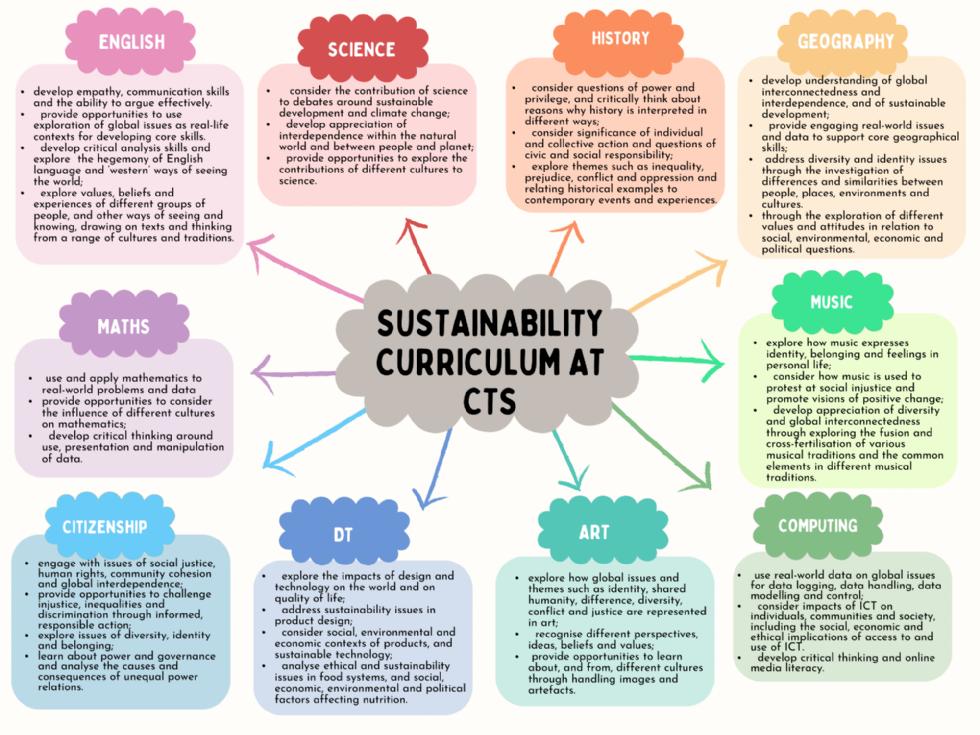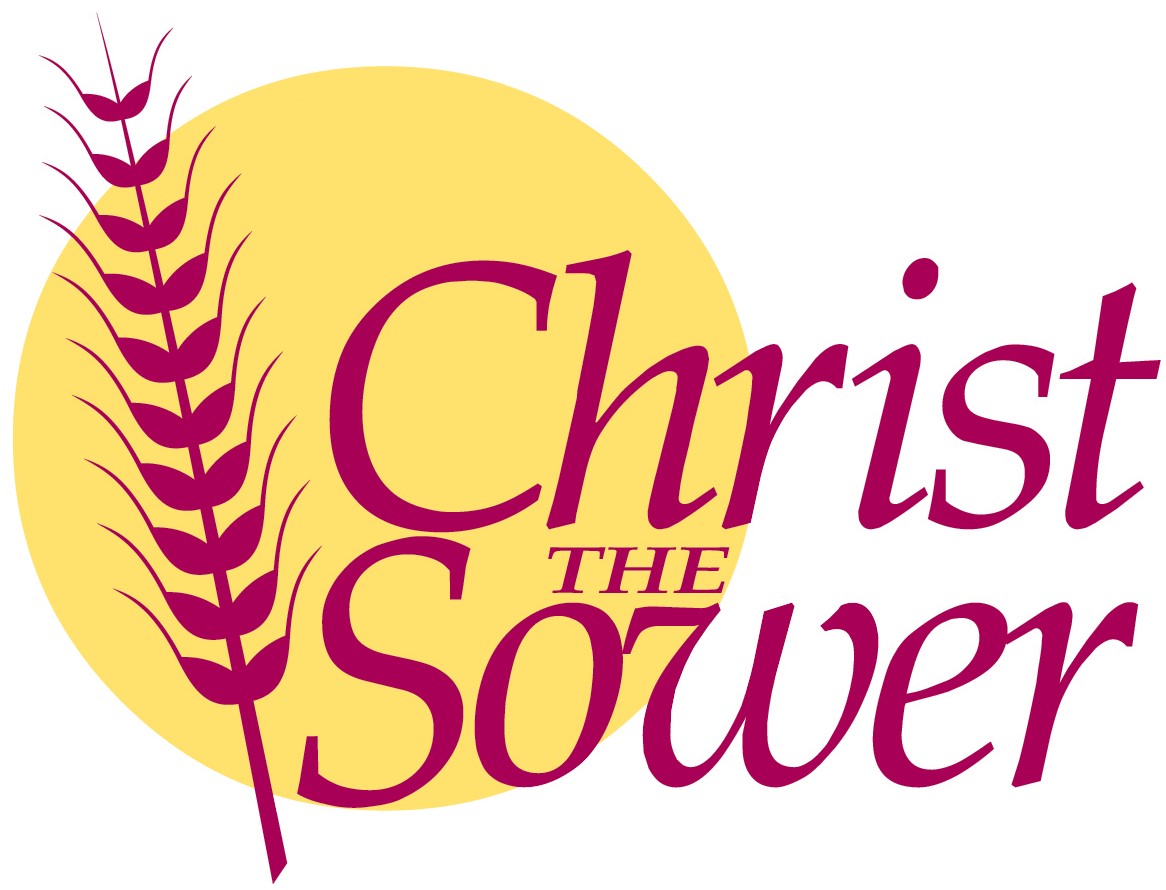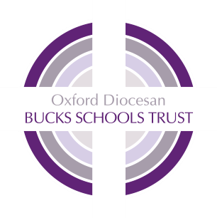Our CARE Sustainability Curriculum

Our Curriculum Intent
At Christ the Sower Ecumenical Primary School, our mission is to cultivate empathetic and globally aware students who are actively engaged in their communities. Despite the myriad of opportunities available to our students, they also grapple with significant societal challenges in a world marked by discord, environmental changes, profound inequality, and poverty.
Central to our CARE ethos is the provision of a curriculum that equips students with the requisite knowledge, skills, and values to positively influence their surroundings. Our goal is to nurture the confidence necessary to drive authentic transformation in the face of adversity, promote collaborative efforts to tackle issues, offer support, and enrich both local and global issues.
Recognising our pivotal role in inspiring students to become bold change-makers, we aim to empower them to advocate for meaningful change. Our pupils know, through CARE and the good earth that we provide at CTS, that they are capable of changing the world.
Our educational approach to global and local environmental issues, coupled with the courage to confront them, is founded on our Christian values and CARE ethos. In order for our pupils to become agents for change, they must not only fully understand environmental issues but also have the skills to move from awareness to purposeful action.
Our Curriculum Implementation
-
Environmental topics are taught throughout school from Reception up to Year 6. These topics are addressed in a cross-curricular manner through subjects such as science, geography, PSHE and topics where meaningful links are made, rather than as an add-on. Our latest sustainability curriculum plan is cross-referenced with sustainability themes.
- The aim is to combat climate change now and develop pupils’ cultural capital to continue to do so in the future.
- Alongside this cross-curricular approach, our school engages in a wider practical action linked to the UN’s sustainable development goals (SDGs):
We focus on eight of the UN Sustainable Development Goals (SDG):
1) TRAVEL: use sustainable travel and encourage sustainable tourism.
2) WASTE: reduce waste, including plastic pollution.
3) ENERGY: use sustainable energy and reduce greenhouse gas emissions.
4) CLIMATE CHANGE: protect the natural environment - climate change.
5) ENVIRONMENT: protect the natural environment – in local and remote environments.
6) FOOD PRODUCTION: support sustainable farming and food production; and lead healthy lives.
7)HEALTH AND WELLBEING: develop health and wellbeing, including resilience, personal success and the ability to articulate yourself clearly.
8) PEACE AND JUSTICE: develop peaceful relationships which are fair and equitable to all – celebrating difference and encouraging economic growth.
The Impact of Our Sustainability Curriculum.
Every CTS pupil will have the understanding and skills to:
-
Reduce, reuse, and recycle creatively.
-
Develop school ecosystems.
-
Reduce food waste and understand the food economy and the importance of recycling.
-
Reduce the use of consumables (for example, paper and paper towels)
-
Care for our local environment (for example, litter picking)
-
Be aware of the need to reduce the amount of energy we use.
-
Understanding ecosystems and biodiversity, including those that are underwater.
-
Raise awareness of pollution in our waterways/rivers/oceans and consider how to combat it.
-
Reduce the amount of water we waste.
-
Enjoy at least ten outdoor learning experiences a year.
-
Voice their opinions and hope as agents for change.

